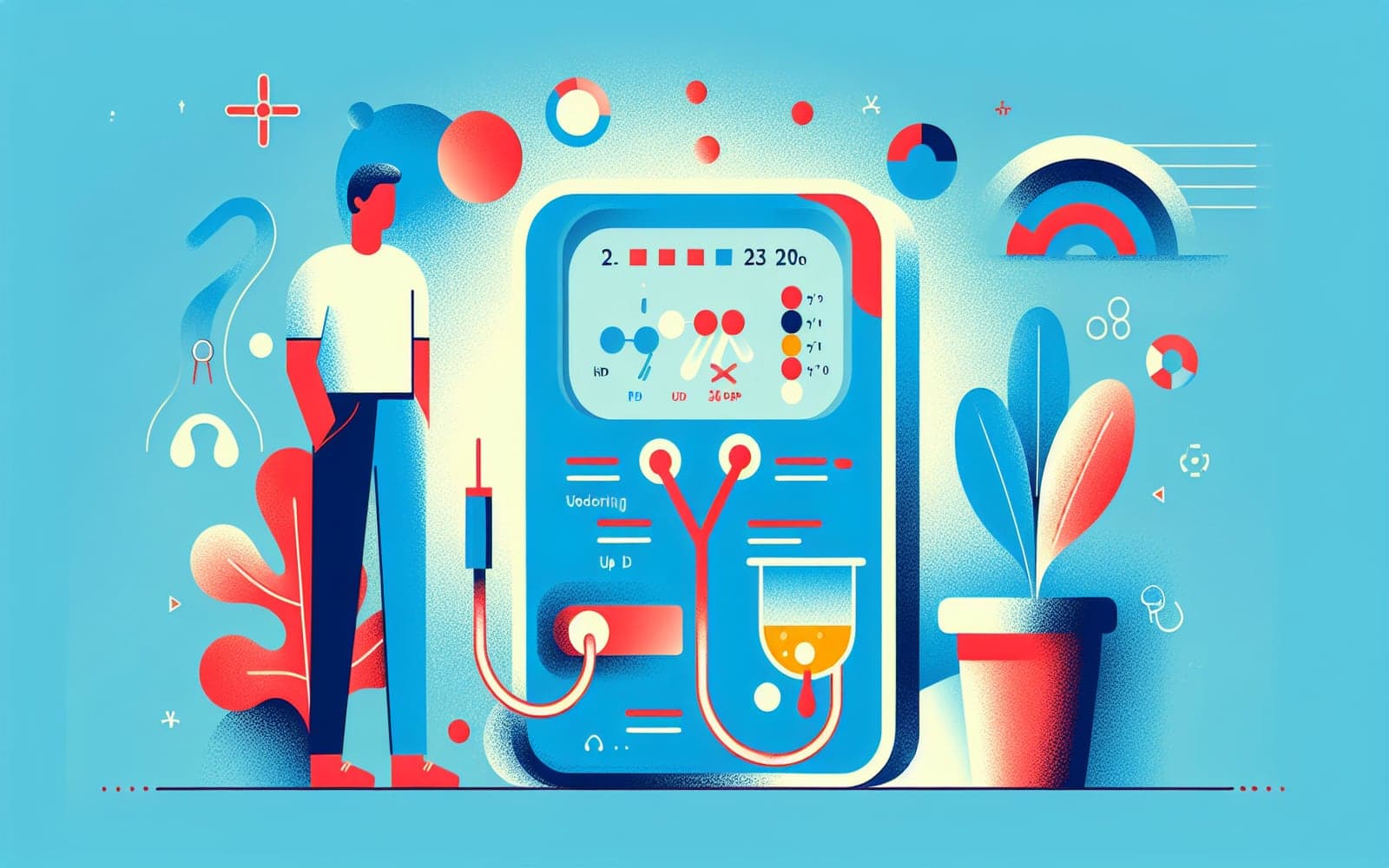Decoding Your 24-Hour Urine Test: What It Reveals About Kidney Stone Risk
Published: Aug 23, 2024
A 24-hour urine test is a crucial tool for assessing kidney stone risk and guiding prevention strategies. Let's break down what this test measures and what the results mean for your stone risk.
Contents
What's Being Measured?
The 24-hour urine test analyzes several key components that can contribute to stone formation. These include calcium, oxalate, citrate, uric acid, and overall urine volume. It's like taking a snapshot of your kidney's daily workload and seeing how well it's handling stone-forming substances.
Interpreting the Results
High levels of calcium, oxalate, or uric acid can increase stone risk. Low levels of citrate (which normally helps prevent stones) or low overall urine volume are also risk factors. Your doctor will look at the balance of these factors to assess your overall risk. Think of it like a recipe - too much of certain ingredients can lead to stone 'baking'.

Using Results to Guide Prevention
Based on your results, your doctor may recommend specific dietary changes or medications. For example, if your calcium is high, you might be advised to reduce sodium intake or take a thiazide diuretic. Low citrate might be addressed with potassium citrate supplements. The goal is to create a less stone-friendly environment in your kidneys.
Frequently Asked Questions
Initially after starting treatment, then yearly for monitoring.
Yes, eat your usual diet for accurate results.
Usually yes, if ordered by a doctor for kidney stone evaluation.
Key Takeaways
Understanding your 24-hour urine results empowers you to take targeted steps in preventing kidney stones.
Curious about your kidney stone risk? Ask Doctronic about getting a 24-hour urine test.Related Articles
References
Curhan GC, et al. Twenty-four-hour urine chemistries and the risk of kidney stones among women and men. Kidney Int 2001; 59:2290.
Parks JH, et al. Patient adherence to long-term medical treatment of kidney stones. J Urol 2001; 166:2057.
Always discuss health information with your healthcare provider.

